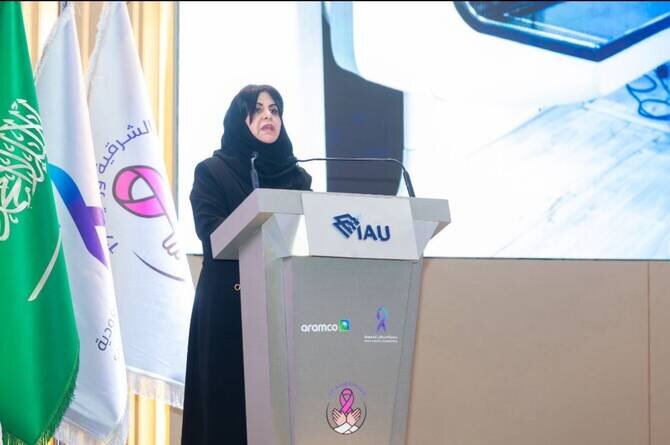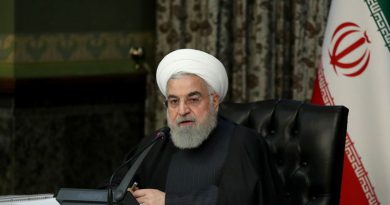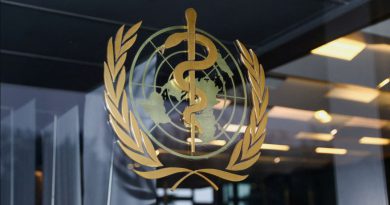Saudi Doctors Harness AI to Revolutionize Early Breast Cancer Detection
Riyadh – Saudi Arabia is witnessing a major breakthrough in healthcare innovation, as local doctors and researchers embrace Artificial Intelligence (AI) to detect breast cancer faster and more accurately than ever before.
Leading this transformation is Dr. Selwa Al-Hazzaa, founder of the pioneering health-tech startup SDM, which recently launched the Saudi Automated Mammogram Image Analysis (SAMIA) system—an advanced AI solution designed to identify breast cancer within minutes.
Dr. Al-Hazzaa explained that October was chosen for SAMIA’s launch to coincide with Breast Cancer Awareness Month, underscoring the commitment to promoting early detection and saving lives.
The startup SDM, incubated at The Garage in the King Abdullah City for Science and Technology, initially focused on diagnosing diabetic retinopathy through retinal imaging.
Now, it has expanded its expertise to include breast cancer diagnostics, marking a new milestone in Saudi Arabia’s medical innovation journey.
SAMIA uses AI algorithms trained on thousands of mammogram images from Saudi patients. This localized data gives it an edge over foreign technologies, ensuring greater accuracy and sensitivity when screening women in the Kingdom.
Unlike traditional mammogram procedures that often require patients to wait days or even weeks for results, SAMIA delivers detailed, annotated analyses within minutes.
The system identifies suspicious areas, grades the findings, and sends instant reports to physicians, significantly reducing waiting times and anxiety for patients.
Early detection plays a crucial role in improving survival rates. According to the Ministry of Health, more than half of breast cancer cases in Saudi Arabia are diagnosed at a late stage, compared to only 20 percent in more advanced countries.
This delay contributes to higher mortality and treatment costs. However, technologies like SAMIA are helping to change that narrative by enabling faster, more precise screening and promoting preventive healthcare.
Dr. Omar Iskanderani, Assistant Professor and Chairman of Radiotherapy and Tumor Boards at King Abdulaziz University, highlighted the broader benefits of AI in cancer treatment.
He explained that AI enhances accuracy, improves treatment planning, and increases efficiency through real-time analysis of complex medical data.
“With AI, we can offer more personalized care, automate quality control, and ensure consistent, high-quality treatment—even in regions with limited medical resources,” he noted.
He added that early detection can reduce treatment costs by up to 30 percent and significantly improve survival rates, with some studies suggesting up to a 95 percent survival rate when breast cancer is detected in its earliest stages.
Moreover, AI-driven diagnostics like SAMIA support doctors by reducing workloads, allowing them to focus on more complex patient care while AI handles preliminary image analysis.
Dr. Al-Hazzaa emphasized that AI is not meant to replace doctors but to enhance their efficiency. “Artificial Intelligence will never take the place of a physician—it will augment their work,” she said.
“Instead of requiring multiple specialists in one center, AI enables each radiologist to see more patients and make quicker decisions without compromising quality.”
SAMIA’s success also relies on strong partnerships with organizations across the Kingdom. The Saudi Cancer Foundation, led by Mai AlJabr, played a vital role in promoting SDM’s technology in the Eastern Province.
The Ahyaha Society in Madinah supported the initiative by providing mammogram images, while Imam Abdulrahman bin Faisal University contributed by offering data from over 1,500 patients for the proof of concept phase.
The integration of AI into Saudi Arabia’s healthcare system reflects the nation’s ongoing commitment to innovation, sustainability, and improved quality of life, in line with Vision 2030.
Through initiatives like SAMIA, the Kingdom is not only advancing medical technology but also creating a model for other nations to follow—one that combines compassion, innovation, and science to save lives.
As Saudi doctors continue to harness AI for healthcare, the launch of SAMIA stands as a beacon of hope for women across the Kingdom and beyond, proving that technology and humanity can come together to make early detection faster, treatment more effective, and outcomes brighter.



